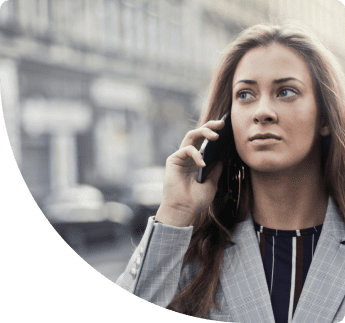“I feel ill, what should I do?”
In an emergency
You should call 999 in a life-threatening emergency only. Life-threatening emergencies are different for adults and children.
Always call 999 if someone is seriously ill or injured and their life is at risk. A call operator will advise you on what will happen next.
Examples of medical emergencies include (but are not limited to):
- Chest pain
- Difficulty in breathing
- Unconsciousness
- Severe loss of blood
- Severe burns or scalds
- Choking
- Severe allergic reactions.
If you’re unsure whether or not it’s an emergency, you can dial 111 (NHS 111) at any time.
Do you really need to go to the Emergency Department?
Emergency departments should only be used in an emergency or life-threatening situation. If you don’t need emergency care, please consider one of the alternatives below.
Call NHS 111
If you have an urgent but non life-threatening medical concern, you can get advice by calling NHS 111. NHS 111 is available 24/7 and is free.
Urgent Treatment Centres
An Urgent Treatment Centre can give you advice and treatment for minor injuries and ailments. You don’t always need an appointment and anyone can use the service – including those who are not registered with a GP. Urgent Treatment Centre opening hours can be found on NHS.UK
GP Surgeries
When you are unwell and do not need emergency attention, you can make arrangements to see your GP.
Not registered with a GP?
Pharmacies
A pharmacist can give advice on a minor injuries or illnesses, such as infections, cold and flu, travel advice and rashes. They can also prescribe certain medicines including emergency contraception, flu vaccines and emergency supplies of your regular prescriptions.
They often have a private consultation room if you need to talk to them in confidence.
Feeling unwell – NHS 111
When to use NHS 111 online or call 111
https://www.nhs.uk/nhs-services/urgent-and-emergency-care-services/when-to-use-111/
NHS 111 can help if you think you need medical help right now.
- You can get help from NHS 111:
- By using 111 online
- In the NHS App
- By calling 111
NHS 111 can direct you to the best place to get help if you cannot contact your GP during the day, or when your GP is closed (out-of-hours).
Depending on what you need, you might be advised to:
- Call 999 or go to A&E in an emergency
- Go to an urgent treatment centre
- See an evening and weekend GP (out-of-hours GP)
- Book a callback from a nurse
- Get urgent specialist support, for dental or mental health problems
- Contact your own GP surgery
- See a pharmacist for help with a minor illness
- Look after yourself safely at home
Patient Resources
Healthier Together
The Healthier Together programme relies on patients and healthcare professionals working together to improve how local healthcare is delivered. The website provides advice for parents, young people and pregnant women, and clinical resources to support healthcare professionals – which means that your child is likely to receive consistently high-quality care, irrespective of which healthcare professional they see.
Find out more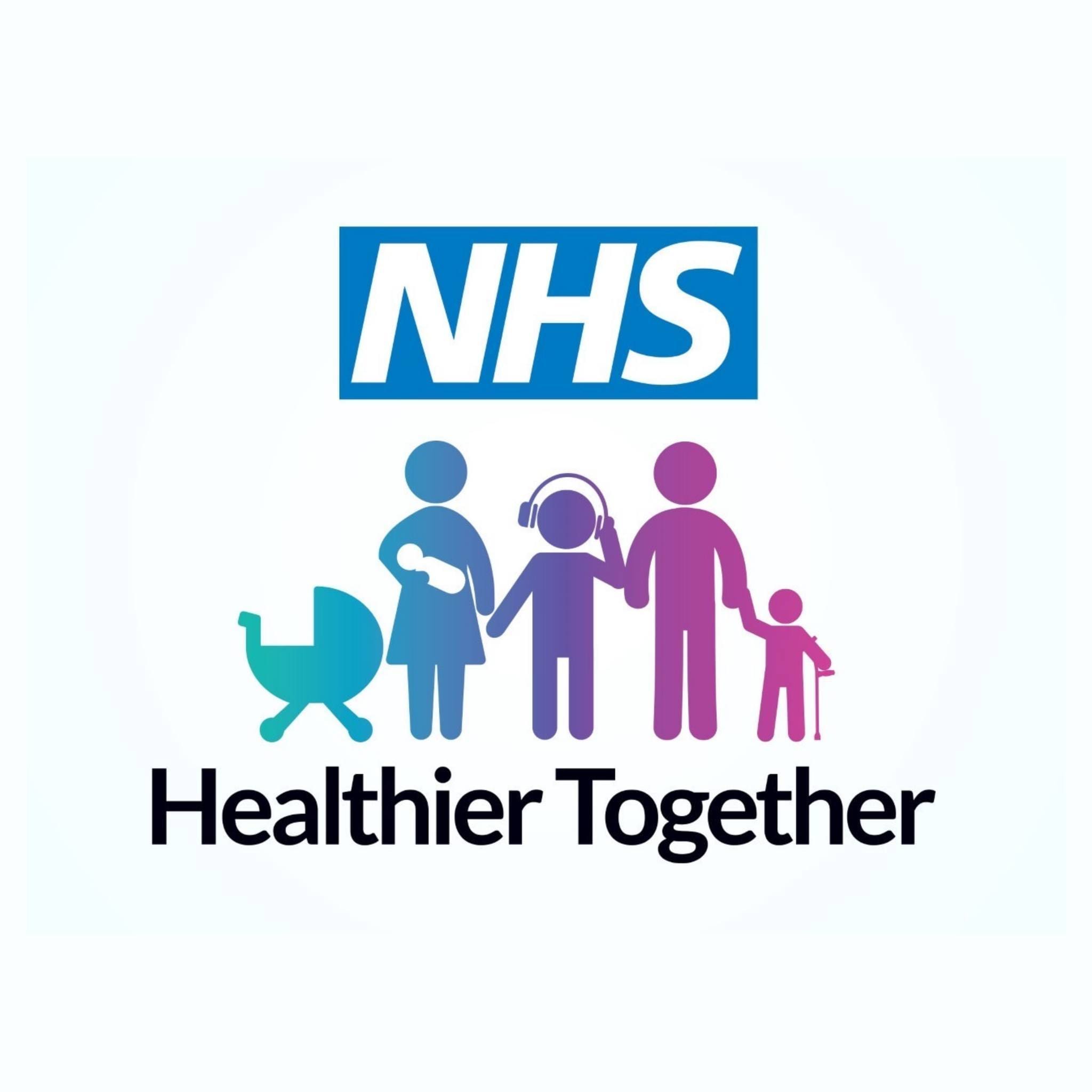
The NHS website
The NHS website is here to help you take control of your health and wellbeing. It contains:
- Your complete guide to conditions, symptoms and treatments, including what to do and when to get help,
- Information on how your medicine works, how and when to take it, possible side effects and answers to your common questions,
- NHS services
- Advice, tips and tools to help you make the best choices about your health and wellbeing.

Patient Information
Health information you can trust. Clinical information meeting NHS England’s Information Standard.
Find out more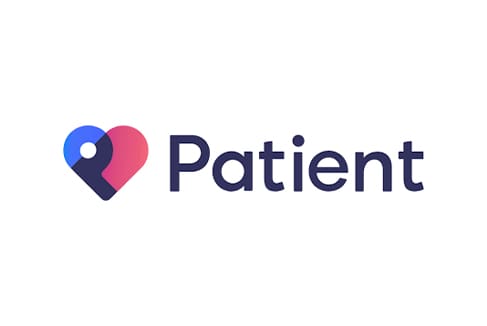
Hub of Hope
Hub of Hope are the UK’s largest mental health support directory. Whether you want to find a service to help you feel better or you want to support someone who is struggling, they can help.
You can also download their app through the app store on your phone.
Find out more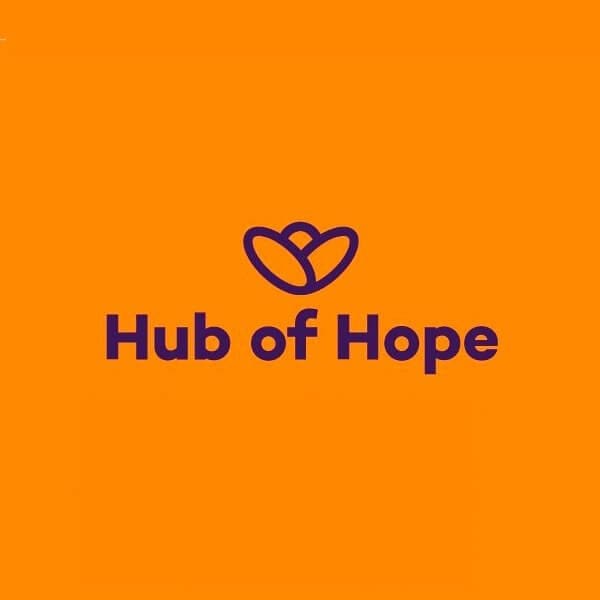




Our Health and Wellbeing Articles
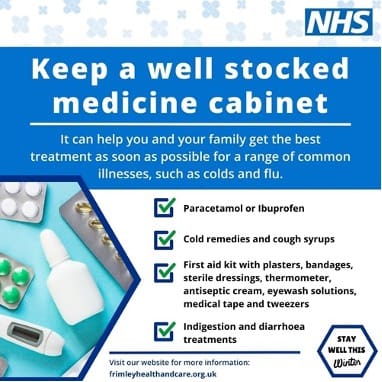
Self-care & how pharmacies can help
Keeping a well-stocked medicine cabinet will help you care for yourself and your family.
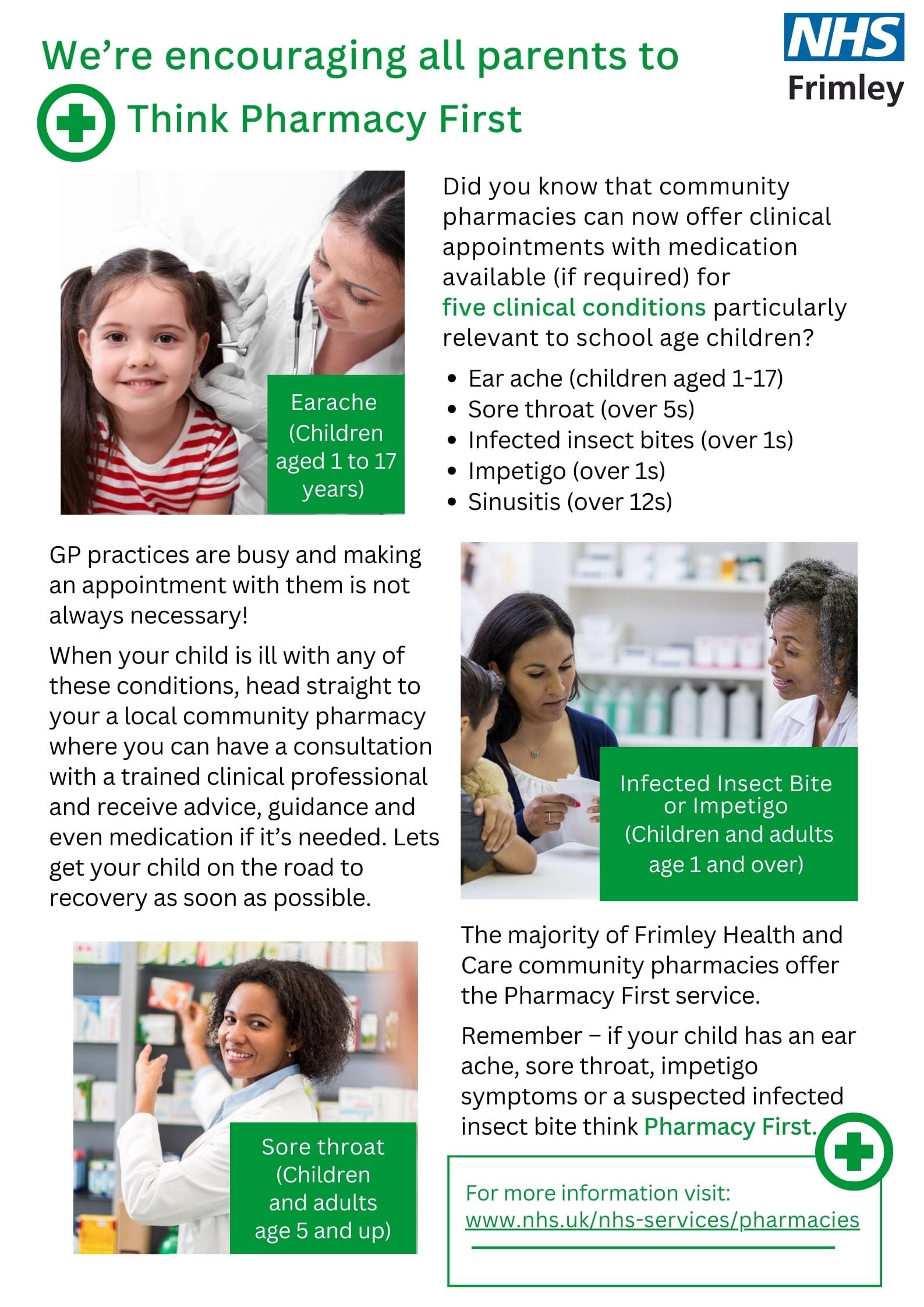
Pharmacy First
The Pharmacy First scheme allows pharmacists to provide faster, more accessible care for certain conditions. This service is designed to ease pressure on general practice, while giving patients access to effective treatment. Its especially useful for parents whose children are suffering from common childhood issues.
TalkPlus NHS Talking Therapies for Anxiety and Depression
We offer NHS Talking Therapies in Rushmoor, Hart and Farnham for stress, anxiety, low mood and worry, as well as support for managing a long-term health condition.
Please note this is a non-urgent service and you will be contacted following assessment of your referral.
How to get in touch with TalkPlus today
If forms aren’t for you, feel free to get in touch via either email or telephone.
Self-help resources available 24/7
A range of resources to help with a variety of conditions for you to work through at your own pace.
A safe space to help you unwind and heal
Helping people by giving them the tools to deal with the stresses of everyday life.

